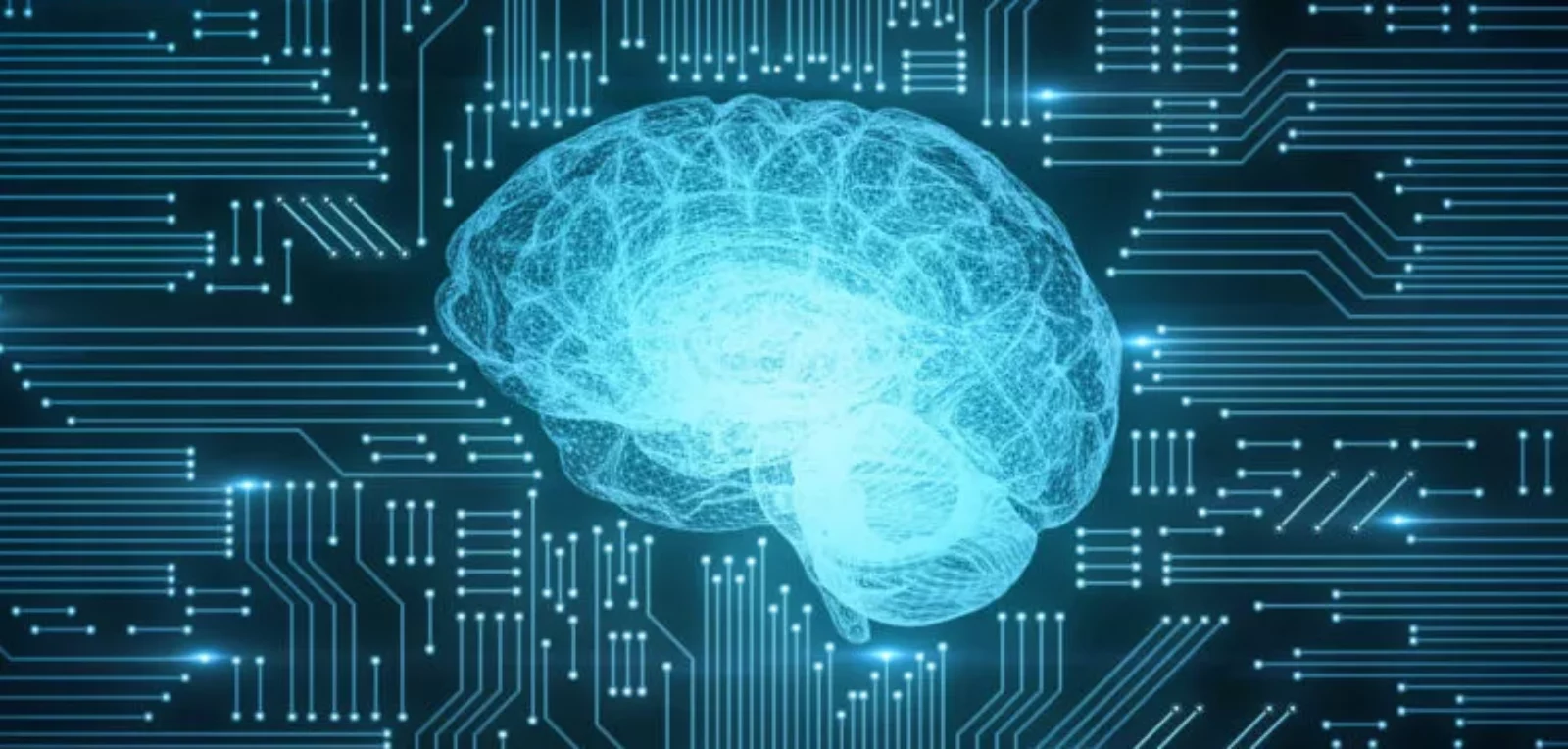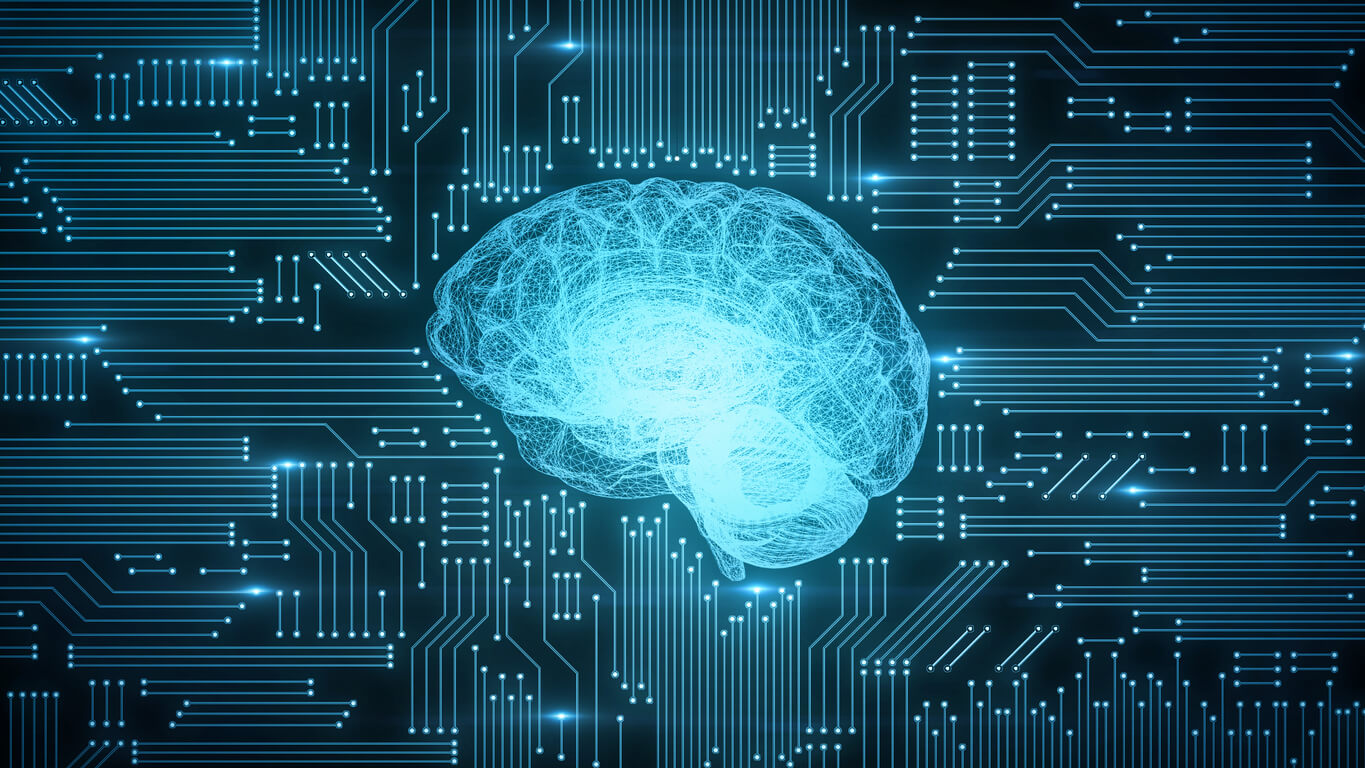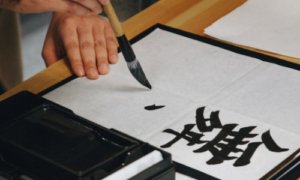Do you ever wish you could upgrade your brain’s operating system like you upgrade your computer? Maybe add in a new feature like built-in GPS, or give a boost to your memory or metabolism?
While we might wish that our brains functioned more like computers, the reality is, we have very little control over them. We can’t hit Command-Shift-Enter and screenshot our study notes (or save a perfect memory, in all its detailed splendor). But we can use our understanding of how the brain works and hack it for efficiency.
Total Recall (or How to Get off the Rollercoaster!)
We’ve all tried to cram material into our brains for a test or presentation (if you haven’t, you clearly have some kind of superpower!) While it might have worked in the short term, how much of it do you still remember? A small fraction? Nothing at all? It turns out that massed repetition (basically stuffing your head repeatedly with the same info over a short period of time) is not an effective way to create long-term memories.
So what’s the alternative? If we look at a graph of how the brain remembers information over time, the results are not encouraging (think steep roller-coaster drop off!).

But with the right boost of energy at the right time, we can reset the curve, pulling our memories back up to 100 percent. (More importantly, after this recall process, the curve will decay at a much slower rate, making it easier to remember in future!)
So where exactly does this boost of energy come from? We achieve it through forced recall, testing our brains to remember a word or concept just as we are on the verge of forgetting it. If you hate tests, don’t worry. Thanks to the work of linguists and the genius of computer programmers, there is a actually a fun and easy way to give your brain a boost!
Saving the World with Spaced Repetition
The Spaced Repetition System (SRS) is based on the use of flashcards. With language learning, for example, you would start by creating flashcards for each small detail of a language (how to pronounce a letter, letter combination sounds, vocabulary words, gender and case of nouns, grammatical structures etc.). Breaking everything up into bite size pieces might seem like a lot of work at first, but it makes it much easier to digest everything in the end!
When the flashcards are entered in a Spaced Repetition System, they become part of a customized, daily to-do list. Every day, the SRS will test your recall on the flashcards you have created. Answer correctly and the card gets moved further back in the system, increasing the time before you see it again. Answer incorrectly and the card will appear again sooner. As you successfully recall more and more words, your cards will be moved back in intervals, reappearing, for example, at 10 days, 6 weeks, 4 months etc.
Creating and learning new flashcards, while testing yourself on old ones, allows you to work simultaneously on both your short and long-term memories.
When we look back at our graph – after the SRS boost – we can see a more hopeful curve. Over time, each drop becomes shorter and shorter until eventually a memory (or a word, or a language) is firmly planted in our long term memory. Genius, right?
“This one time at band camp….”
The word ‘memory’ implies a singular thing. But to your brain, a memory is a combination of sights, sounds, tastes and emotions. Memories do not exist in one single place in the brain, instead they are scattered across many regions, connected by a giant maze of neurons. When a single neuron fires, it reactivates a web of other connected neurons, allowing a detailed memory to resurface.
If, for example, I were to think back to third grade, I might recall that marvelous day when I won the science fair. Chances are my brain would pull up the curious look on the judges’ faces, the sound of shoes squeaking on the gym floor, and the smell of baking soda and vinegar from some other kid’s volcano project. Like it or not, these memories are all permanently linked within my neural network. When one is activated, the rest follow suit. (It’s a little like Thanksgiving dinner with the family – you can’t invite one aunt without all of them showing up!)
But why exactly do I remember this day better than any other one that year? While we may never fully understand, the most likely reason is this: When we encounter emotion-arousing input, like winning for instance, it stimulates our adrenal glands to produce hormones. These memory-strengthening hormones are responsible for creating vivid long-term memories within our neural network. The same holds true for language recall. By forcing your brain to recall a word or phrase, you create an emotion-arousing event, stimulating the release of these same memory-enhancing hormones.
Getting Personal With SRS
So how does this relate to SRS and flashcard creation? It’s all about forming personal connections. When we search our brains to remember a word or a concept, we are 50% more likely to retrieve it when we have a personal connection. A flashcard with a picture of a random car can certainly help me in learning the word for car in Italian. But if the car in the picture is the one I drove in high school, I will likely be able to smell the weird hanging air freshener, feel the ripped upholstery against my skin, and hear my friends laughing in the backseat.
The Fluent Forever method, and the Fluent Forever app, are based not only on the use of SRS, but on the critical formation of personal connections. When you create your flashcards, finding a personal connection is an essential part of the process. That’s why our app contains a built-in customized image search for each flashcard you create: in the process of choosing images for each word, you’re making each flashcard many times more personal – and thus much more effective – than a pre-made flashcard could ever be.
So the next time you’re trying to boot up your brain, try plugging personal connections directly into your SRS! (It might not help you with driving directions or burning carbs, but it’s a good start!)







